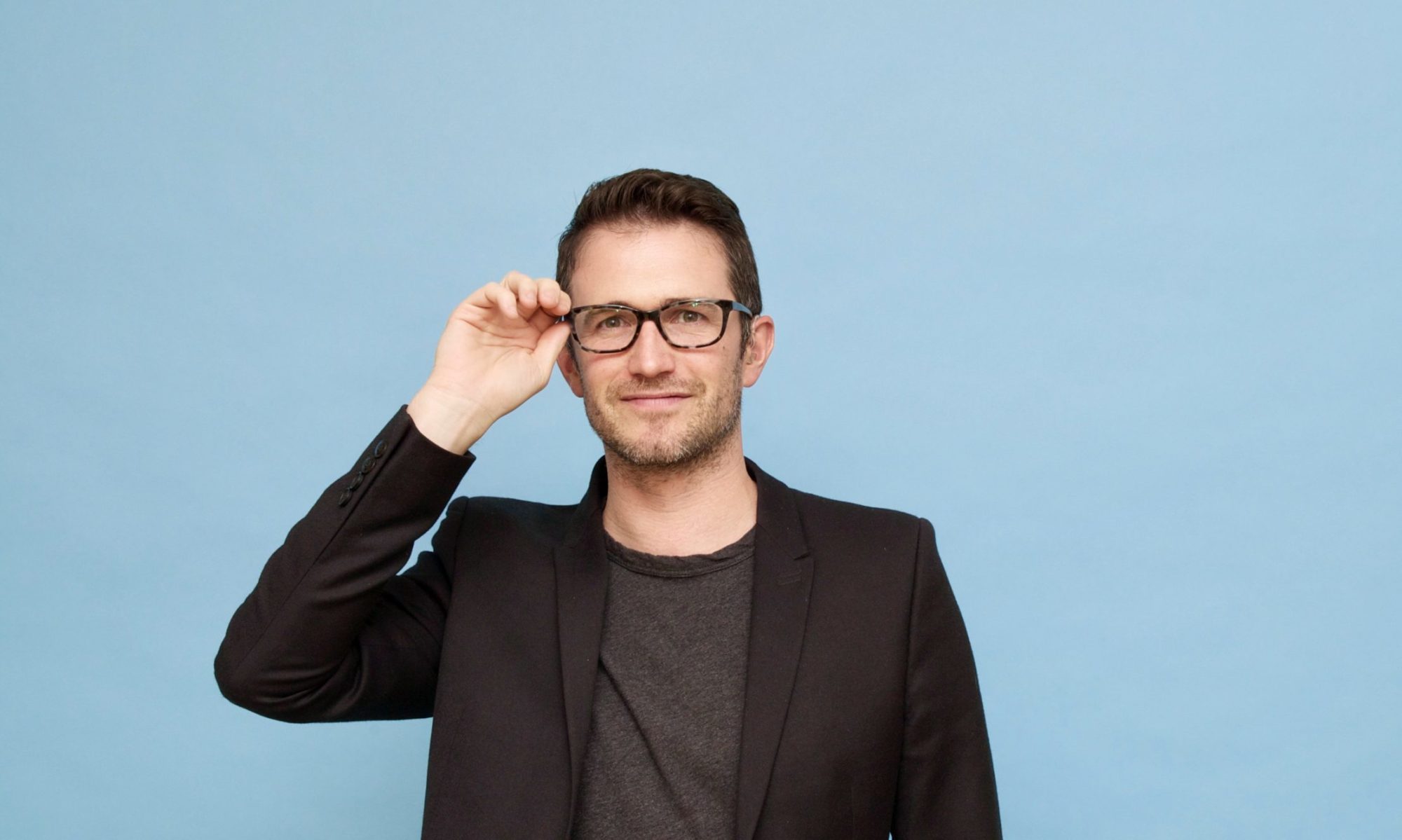Check this video clip, it is a really innovative new design for wheelchairs, and seems to allow wheelchair users far more mobility in their daily lives.

Actor, Educator, and Interpreter
Check this video clip, it is a really innovative new design for wheelchairs, and seems to allow wheelchair users far more mobility in their daily lives.
I recently created the above title workshop/seminar which will be presented at the Long Island RID’s chapter meeting on Saturday, January 11, 2014. This is a very new workshop, and I look forward to sharing with my colleagues and hopefully improve it further. This seminar explores the relationship between some specific settings such as child protection services and court, and how the role of the interpreter can and will have an impact on the case. The goal is to shake the idea that legal interpreting is contained only in the court.
I was recently interviewed by Michael Schulman and he gave me a shout out in his article: Hands Down, posted in the New Yorker on January 6, 2014. His goal was to find out more about the professionalization of sign language interpreters in New York City, especially in the wake of the “Fake Interpreter” scandal at Nelson Mandela’s memorial service. All Hands in Motion’s owner, Janice Rimler, who is also a fellow interpreter assembled a fantastic team for this article, which included Bill Moody, Lynnette Taylor and Candace Broecker-Penn. Here’s the link. You have to be a subscriber in order to read the article in its entirety. http://www.newyorker.com/talk/2014/01/06/140106ta_talk_schulman
I’m starting my Masters in sign language interpreting by flying out to Helsinki, Finland, this week’s primary focus seems to be about learning Finnish deaf culture and Finnish Sign Language! Can’t wait to start!
Starting tonight, I will be leading an introduction to Deaf Interpreters training which will take place at LaGuardia Community College. I am keeping the series small with 15 students, and I have already maxed out all the seats! Looking forward to meeting all of the participants. My focus will be on translation work, and hands on activities in regard to interpreting and group discussions. Hope it will be successful!
This is a 3 weekend series, one weekend a month, culminating in November.
I just wanted to share an announcement from FCC:
On January 12, 2012, the FCC adopted rules requiring captioned programs shown on TV to be captioned when they are re-shown on the Internet. These rules implement provisions of the Twenty-First Century Communications and Video Accessibility Act of 2010 (CVAA).
Starting March 30, 2013, when live and near-live programs are shown on TV with captions, these programs must be captioned when shown on the Internet. A “near-live” program is a program that is performed and recorded less than 24 hours before being shown on TV for the first time.
Prerecorded programs shown on TV with captions after September 30, 2012, have been required to be captioned when shown on the Internet since that date, if they were not substantially edited prior to being shown on the Internet.
Closed captioning requirements for other kinds of video programming – such as prerecorded programming that is substantially edited for Internet distribution – must be captioned at a later date.
Link to the news release:
http://hraunfoss.fcc.gov/edocs_public/attachmatch/DOC-319817A1.doc (Word)
http://hraunfoss.fcc.gov/edocs_public/attachmatch/DOC-319817A1.pdf (PDF)Link to information about filing complaints about accessibility for individuals with disabilities:
http://www.fcc.gov/complaints
Link to the FCC Consumer Guide: Captioning of Internet Video Programming:
http://www.fcc.gov/guides/captioning-internet-video-programming (HTML) http://transition.fcc.gov/cgb/consumerfacts/captionsinternet.pdf (PDF)
For more information, contact Eliot Greenwald at (202) 418-2235 or Eliot.Greenwald@fcc.gov, or Rosaline Crawford at (202) 418-2075 or Rosaline.Crawford@fcc.gov.
In the back stage during the ASL festival. I am the Masters of Ceremonies tonight. Great performances by Deaf youth so far!!